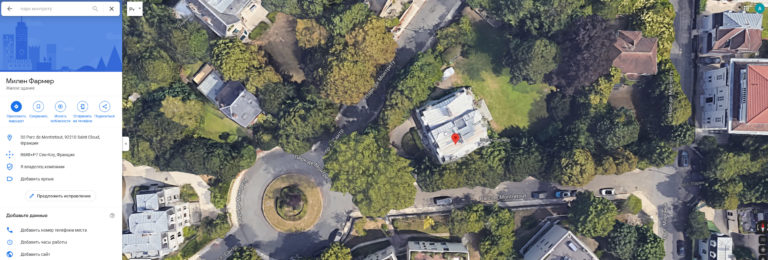In the race to combat climate change, there are many ways businesses can help. But perhaps the most impactful is to ensure that any new technology developed is as sustainable as possible. This is especially important for software, as even a single line of code cutting just one gram of carbon emissions will have an immense impact over time. This is why Google’s suite of new sustainability APIs wants to help developers get even greener.
Powered by AI, the new tools are set to revolutionize solar energy estimation and environmental monitoring. Building on 2015’s Project Sunroof Maps layer, the Solar API uses an algorithm that considers factors like roof angles and slopes as well as shading from trees in order to determine how much potential solar power a home or business can generate. It’s a step that can help reduce the barriers to installing renewables, while streamlining the process for solar installation companies. Meanwhile, the Air Quality API takes its previous Maps layer to a global scale, validating and organizing terabytes of data each hour from government monitoring stations, meteorological data, sensors and satellites in order to provide local and universal air quality indexes. This enables industries like healthcare, transportation and automotive to make more informed decisions and mitigate the effects of pollution on their customers.
And in a further effort to promote sustainability, the Pollen API has been updated with allergen levels, allowing developers to create apps that can help people better manage their allergies. As a result of rising temperatures and greenhouse gas emissions, more pollen-producing plants are popping up in places around the world. In turn, this can cause a lot of discomfort for those who suffer from seasonal allergies. This API can help ease some of that suffering by offering up detailed information and heatmaps of the area’s pollen distribution.
Ultimately, these new sustainability-focused APIs demonstrate that Google has a long-standing commitment to using technology to fight climate change. By empowering individuals, communities and industries with hyper-localized environmental intelligence, it hopes to contribute to the goal of reducing 1 gigaton of carbon equivalent emissions each year by 2030. These tools will begin to roll out today, allowing developers to start integrating them into their applications. Interested developers can learn more about the APIs by visiting the Google Cloud Platform website or getting in touch with their account manager. A few partners — including Carto, Climate Engine, NGIS and GEOTAB — have already received the Google Cloud Ready – Sustainability designation, which helps validate their solutions for use in sustainability initiatives.
